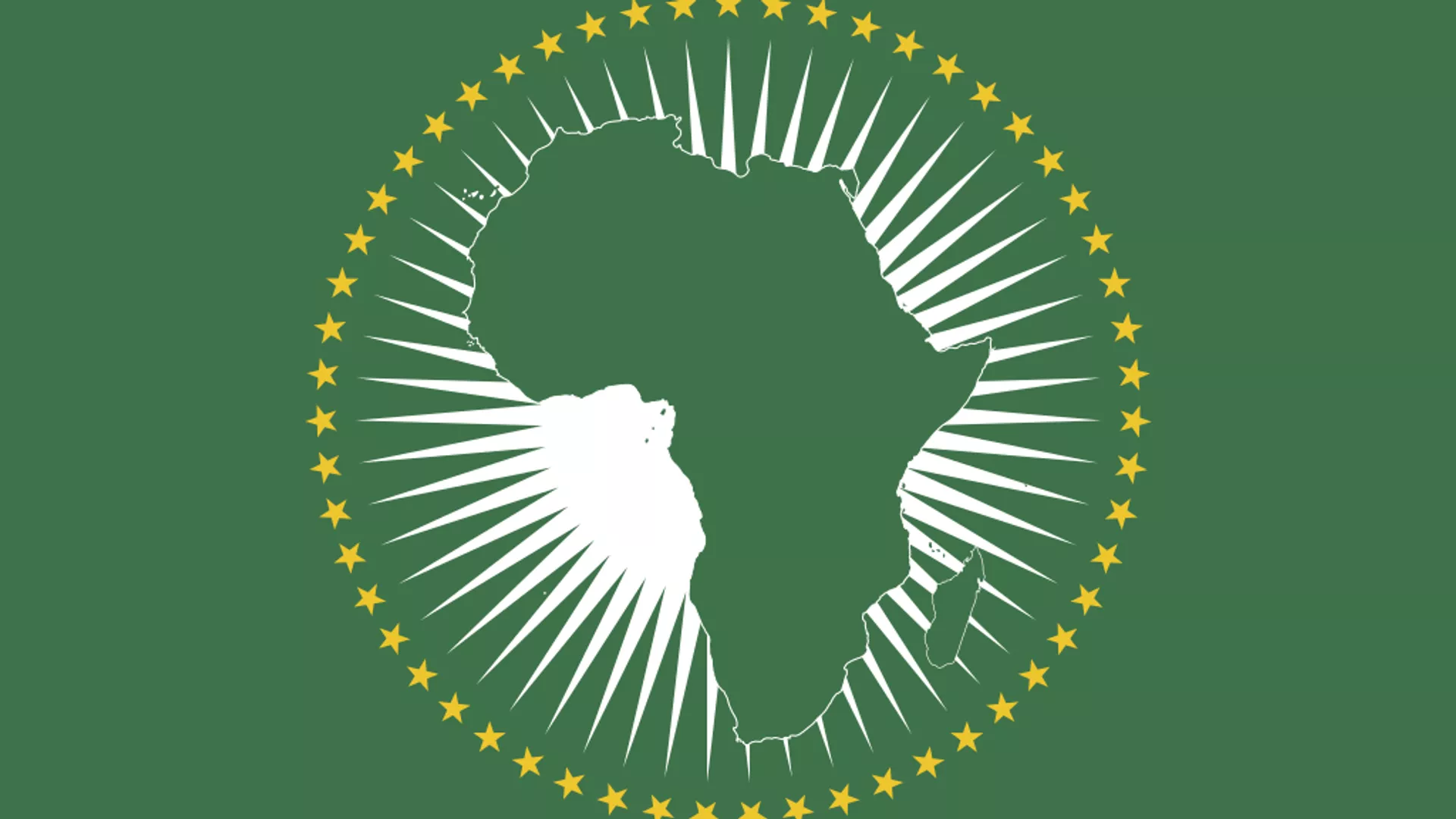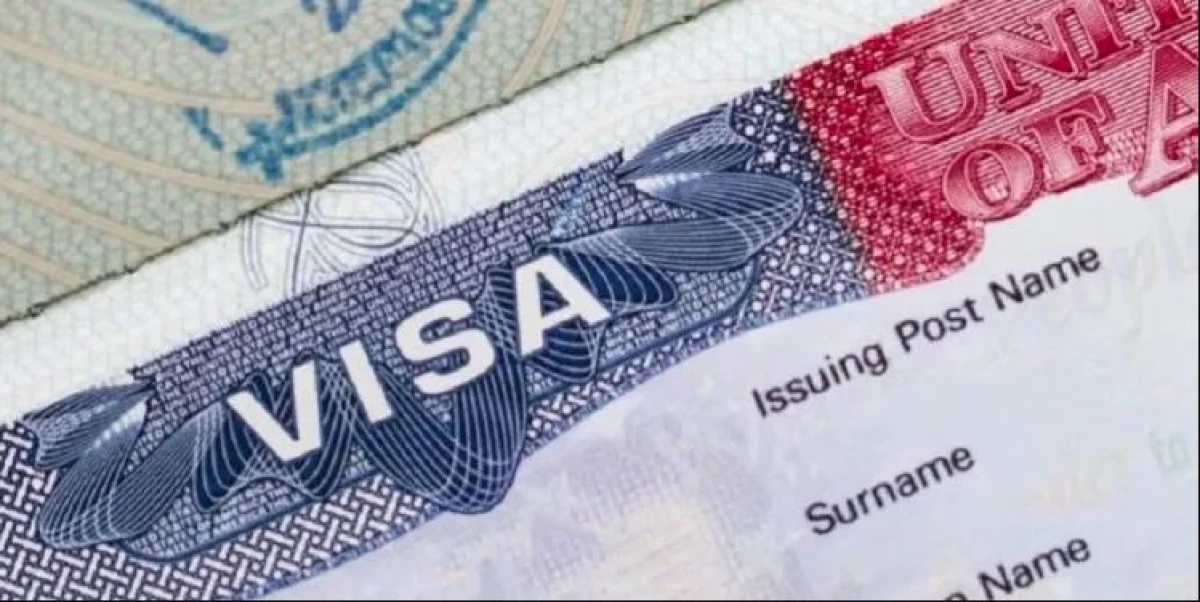[ad_1]
https://sputniknews.com/20220723/back-to-africa-russias-lavrov-set-for-regional-tour-of-continent-of-the-future-1097730612.html
Back to Africa: Russia’s Lavrov Set for Regional Tour of ‘Continent of the Future’
Back to Africa: Russia’s Lavrov Set for Regional Tour of ‘Continent of the Future’
The Russian foreign minister’s five-day, four nation trip will take him to Egypt, Ethiopia, Uganda and the Republic of Congo, where he will discuss a broad… 23.07.2022, Sputnik International
2022-07-23T18:47+0000
2022-07-23T18:47+0000
2022-07-23T19:04+0000
africa
sergei lavrov
russia
trip
visit
tour
republic of congo
ethiopia
egypt
uganda
/html/head/meta[@name=”og:title”]/@content
/html/head/meta[@name=”og:description”]/@content
https://cdnn1.img.sputniknews.com/img/07e6/07/17/1097730467_0:54:1025:630_1920x0_80_0_0_d092485e15c900c38140a13cf57264b2.png
In his announcement of his working visit to Africa in an interview with Sputnik earlier this week, Russian Foreign Minister Sergei Lavrov indicated that Russia’s long-standing ties with African nations goes back to Soviet days, when Moscow worked to assist the region in its national liberation struggle with the European colonial powers. In recent years, he said, Russia has been working to restore relations frayed by the turmoil of the 1990s, and has met a warm, reciprocal response from African countries.Lavrov’s tour, which will kick off Sunday, will take place against the backdrop of a landmark event for the region – the signing of the United Nations and Turkey-mediated Russian-Ukrainian grain agreements, aimed at lifting restrictions on Russian agricultural and fertilizer exports, and Russian assistance in the export of Ukrainian grain.Egypt: Gateway to AfricaEgypt, Russia’s largest trade and economic partner in Africa, will be the first stop of Lavrov’s visit. Trade turnover between the countries reached $4.8 billion in 2021, with some 470 Russian companies operating in the Egyptian market.In his Sputnik interview, the Russian foreign minister pointed out that Rosatom has signed a contract with the Egyptians for the construction of the country’s first nuclear power plant at El Dabaa, northern Egypt. Construction of the plant began this week, days ahead of Lavrov’s scheduled departure for Cairo.Lavrov also pointed to the creation of the Russian industrial area, emphasizing that it is being created directly “on the banks of the Suez Canal.”In a separate interview with African media on Friday, Lavrov indicated that the current geopolitical situation in the world requires “certain adjustment” in the mechanisms of interaction between Moscow and Africa.Ethiopia, Congo, Uganda: Warm Ties With Good FriendsDuring his visit to Addis Ababa, the capital of Ethiopia and home to the headquarters of the African Union, Lavrov will be received by Ethiopian Prime Minister Abiy Ahmed.Russia and Ethiopia established relations all the way back in 1898, and during the Cold War Moscow assisted the country with a broad range of industrial and infrastructure projects, and trained and educated over 25,000 Ethiopians in Soviet universities and vocational institutions.Prime Minister Ahmed attended the Russia-Africa Summit in Sochi in 2019 and held talks with President Putin. Russia-Ethiopia trade turnover reached $61.2 million in 2020, and the country is negotiating with Rosatom on cooperation in the field of nuclear energy. Over 100 Russian specialists, mostly doctors, work in Ethiopia under private contracts, and about 70 Ethiopian nationals are studying in Russian universities.The next leg of Lavrov’s tour will take him to the Republic of the Congo, where Russia’s RusGazEngineering is implementing the construction of a major oil pipeline from Pointe Noire to Brazzaville, Oyo and Huesso. This project, one of the largest infrastructure development schemes in the country, is designed to significantly reduce the cost of transporting petroleum products, improve safety, and ensure the sustainable development of remote areas of the country for decades to come. The project is supported by the Russian-Congolese Intergovernmental Commission for Energy Cooperation, and the Russian Energy Ministry.Russia-Republic of the Congo trade topped $89 million in 2020, with wheat and meslin serving as the main Russian exports, and coffee, wood and paper products, precious metals and stones serving as the main Congolese exports.Next up is Uganda, where Lavrov will meet with President Yoweri Museveni. The Ugandan president also attended the 2019 Russia-Africa Summit, and also held talks with Putin, with a memorandum on sanitary and epidemiological cooperation reached between the two nations. Russian-Ugandan trade hit $82+ million in 2020, with the main Russian exports being wheat, asphalt mixtures, mineral fertilizers, and aircraft parts, and the main imports including nuts, teas, coffee, spices and tobacco. A cotton processing enterprise with investment from Russian capital is operating in Uganda.In 2017, Rosatom and the Uganda’s energy ministry signed a memorandum on cooperation for the peaceful use of atomic energy.African VectorRussian Institute of African Studies senior researcher Yevgeny Korendyasov sees Lavrov’s upcoming trip as a sign that “the African vector in Russia’s foreign policy is becoming a priority,” and says that “clearly, the purpose of this trip is to reaffirm our determination to continue strengthening relations.”Korendyasov pointed to Uganda’s strategic position in the region, and the warm ties between Moscow and Kampala, including in the field of military-technical cooperation. Uganda, he noted, is currently one of Africa’s fastest developing countries economically.As for the Republic of the Congo, the specialist pointed out that close ties with the country go back to Soviet days, with the USSR assisting in the creation of enterprises for the extraction of gold, led, and valuable wood products.Food for ThoughtOn the eve of Lavrov’s trip, Russia and Ukraine signed a UN-backed, Turkish-brokered grain export deal, facilitating the unhindered supply of Russian agricultural goods and fertilizers to world markets on one hand, and the export of Ukrainian foodstuffs on the other. The landmark deal –broken down into two documents, carries special importance for Africa in preventing a global food crisis nearly caused by the West’s anti-Russian sanctions and the Ukraine security crisis.The Russian foreign minister characterized the grain deal’s signature as testimony of the fiction of Western attempts to blame Russia for global food problems. In his interview with African media, Lavrov vowed that Russia will continue to fulfill its obligations to supply food, fertilizers and energy to Africa, notwithstanding sanctions.This week, Lavrov revealed that a second Russia-Africa Summit would be held in 2023, with its precise location and dates still being worked out. According to the foreign minister, an economic forum will be held alongside the summit, and will include roundtables on trade, energy, agriculture, cybersecurity, and cooperation in space and nuclear energy.In his interview with Sputnik, Lavrov stressed that despite the recent improvement of ties with Africa, much more remains to be done.The United States is set to host its own Africa summit in December, with President Biden expected to welcome leaders from across the continent in Washington.Korendyasov suggested that it wouldn’t be correct to compare the Russian and US approaches to Africa, or the two planned summits, saying their purposes were very different, “even opposite,” and that the US efforts will be focused on trying to persuade African nations into taking Russophobic positions.The observer added that unlike Washington’s conditionalities on relations, including recognition of the US-dominated liberal democratic world order, Moscow does not set any such terms, recognizing the diversity and individuality of African countries.
https://sputniknews.com/20220722/lavrov-russia-africa-seek-to-reduce-share-of-dollar-euro-in-mutual-trade-1097685549.html
https://sputniknews.com/20220714/saudi-arabia-egypt–turkey-may-join-brics-very-soon-forum-chair-anand-says-1097295418.html
https://sputniknews.com/20220504/nigerian-minister-says-russian-investors-interested-in-financing-african-gas-mega-pipeline-1095269602.html
https://sputniknews.com/20220722/russia-signs-grain-deal-with-un-turkey-in-istanbul-sputnik-correspondent-says–1097701646.html
https://sputniknews.com/20220712/rossiya-segodnya-hosts-virtual-conference-discussing-africas-food-securityme-thinks-this-1097243173.html
https://sputniknews.com/20220503/west-pressuring-african-countries-demanding-to-condemn-russia—russian-ambassador-to-angola-1095216100.html
republic of congo
ethiopia
egypt
uganda
2022
News
en_EN
africa, sergei lavrov, russia, trip, visit, tour, republic of congo, ethiopia, egypt, uganda
Subscribe


The Russian foreign minister’s five-day, four nation trip will take him to Egypt, Ethiopia, Uganda and the Republic of Congo, where he will discuss a broad range of issues, including international and regional questions and matters of bilateral cooperation.
Egypt: Gateway to Africa
Egypt, Russia’s largest trade and economic partner in Africa, will be the first stop of Lavrov’s visit. Trade turnover between the countries reached $4.8 billion in 2021, with some 470 Russian companies operating in the Egyptian market.
Lavrov also pointed to the creation of the Russian industrial area, emphasizing that it is being created directly “on the banks of the Suez Canal.”
“Our relations with Africa have even brighter prospects now that the African Union decided last year to establish the African Continental Free Trade Area,” Lavrov said, explaining that specific criteria and tariffs for the trade area are currently being agreed upon, and that the agreement will ultimately benefit Russia as Africa’s partner and boost trade and investment, both of which remain “quite modest” for the moment compared to the United States, China and the European Union.

“First of all, there is a question of ensuring seamless logistics, and tuning the system of financial settlements to make them secure from outside interference,” Lavrov said. “In cooperation with its partners, Russia is taking steps to enhance the use of national currencies and payment systems. We are working to gradually reduce the share of dollar and the euro in trade,” he added.
Ethiopia, Congo, Uganda: Warm Ties With Good Friends
During his visit to Addis Ababa, the capital of Ethiopia and home to the headquarters of the African Union, Lavrov will be received by Ethiopian Prime Minister Abiy Ahmed.
Prime Minister Ahmed attended the Russia-Africa Summit in Sochi in 2019 and held talks with President Putin. Russia-Ethiopia trade turnover reached $61.2 million in 2020, and the country is negotiating with Rosatom on cooperation in the field of nuclear energy. Over 100 Russian specialists, mostly doctors, work in Ethiopia under private contracts, and about 70 Ethiopian nationals are studying in Russian universities.

Russia-Republic of the Congo trade topped $89 million in 2020, with wheat and meslin serving as the main Russian exports, and coffee, wood and paper products, precious metals and stones serving as the main Congolese exports.
Next up is Uganda, where Lavrov will meet with President Yoweri Museveni. The Ugandan president also attended the 2019 Russia-Africa Summit, and also held talks with Putin, with a memorandum on sanitary and epidemiological cooperation reached between the two nations. Russian-Ugandan trade hit $82+ million in 2020, with the main Russian exports being wheat, asphalt mixtures, mineral fertilizers, and aircraft parts, and the main imports including nuts, teas, coffee, spices and tobacco. A cotton processing enterprise with investment from Russian capital is operating in Uganda.
In 2017, Rosatom and the Uganda’s energy ministry signed a memorandum on cooperation for the peaceful use of atomic energy.

African Vector
Russian Institute of African Studies senior researcher Yevgeny Korendyasov sees Lavrov’s upcoming trip as a sign that “the African vector in Russia’s foreign policy is becoming a priority,” and says that “clearly, the purpose of this trip is to reaffirm our determination to continue strengthening relations.”
Korendyasov pointed to Uganda’s strategic position in the region, and the warm ties between Moscow and Kampala, including in the field of military-technical cooperation. Uganda, he noted, is currently one of Africa’s fastest developing countries economically.
As for the Republic of the Congo, the specialist pointed out that close ties with the country go back to Soviet days, with the USSR assisting in the creation of enterprises for the extraction of gold, led, and valuable wood products.
Food for Thought
On the eve of Lavrov’s trip, Russia and Ukraine signed a UN-backed, Turkish-brokered grain export deal, facilitating the unhindered supply of Russian agricultural goods and fertilizers to world markets on one hand, and the export of Ukrainian foodstuffs on the other. The landmark deal –broken down into two documents, carries special importance for Africa in preventing a global food crisis nearly caused by the West’s anti-Russian sanctions and the Ukraine security crisis.

The Russian foreign minister characterized the grain deal’s signature as testimony of the fiction of Western attempts to blame Russia for global food problems. In his interview with African media, Lavrov vowed that Russia will continue to fulfill its obligations to supply food, fertilizers and energy to Africa, notwithstanding sanctions.
This week, Lavrov revealed that a second Russia-Africa Summit would be held in 2023, with its precise location and dates still being worked out. According to the foreign minister, an economic forum will be held alongside the summit, and will include roundtables on trade, energy, agriculture, cybersecurity, and cooperation in space and nuclear energy.

In his interview with Sputnik, Lavrov stressed that despite the recent improvement of ties with Africa, much more remains to be done.
“It is important to step up our efforts. Africa has a population of 1.4 billion people, comparable to China and India. This is a great portion of the modern world and probably the most promising market. That is why companies and countries with good vision are building long-term strategies with regard to Africa, which is the continent of the future,” Lavrov said.
Korendyasov suggested that it wouldn’t be correct to compare the Russian and US approaches to Africa, or the two planned summits, saying their purposes were very different, “even opposite,” and that the US efforts will be focused on trying to persuade African nations into taking Russophobic positions.
The observer added that unlike Washington’s conditionalities on relations, including recognition of the US-dominated liberal democratic world order, Moscow does not set any such terms, recognizing the diversity and individuality of African countries.

[ad_2]
Source link





